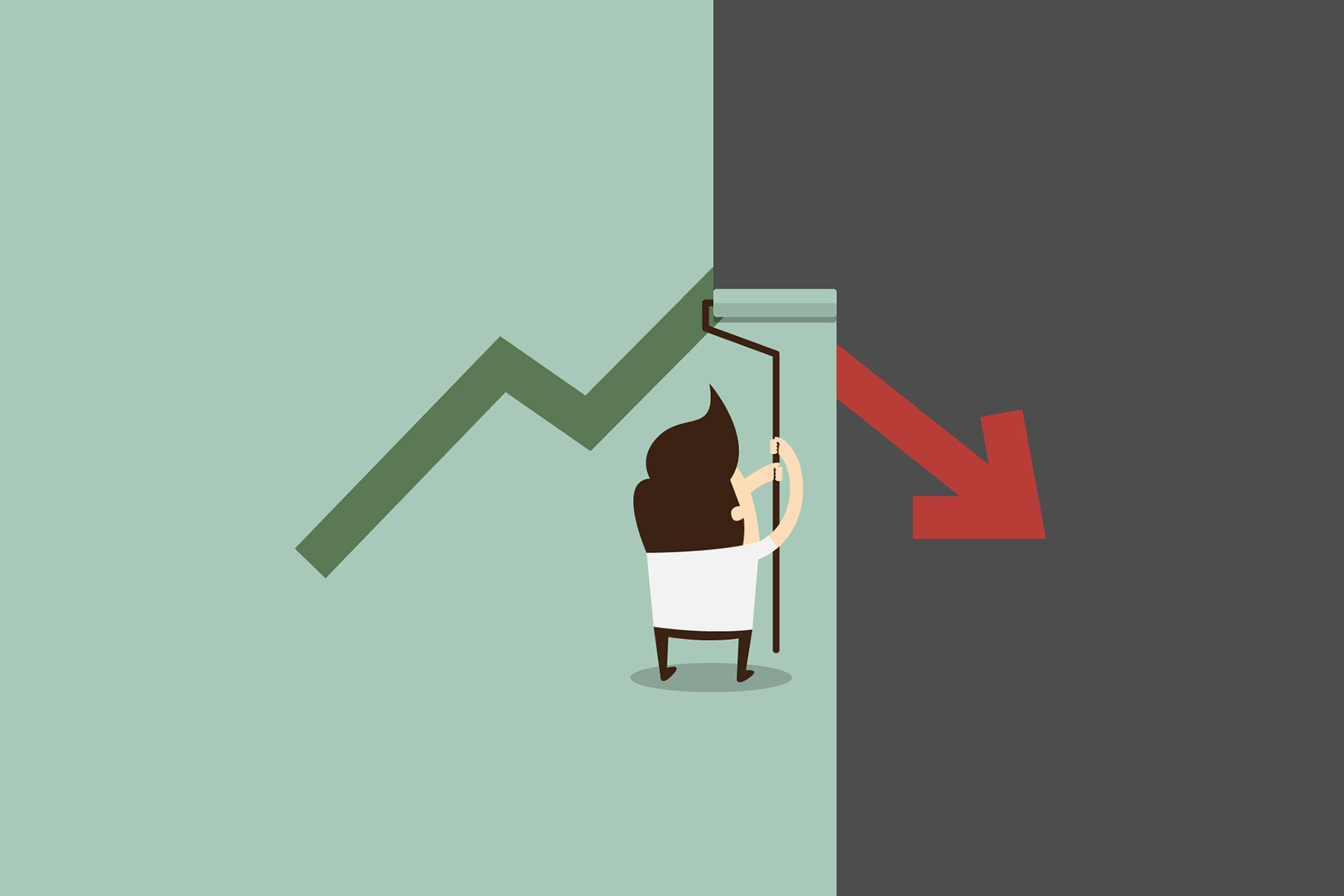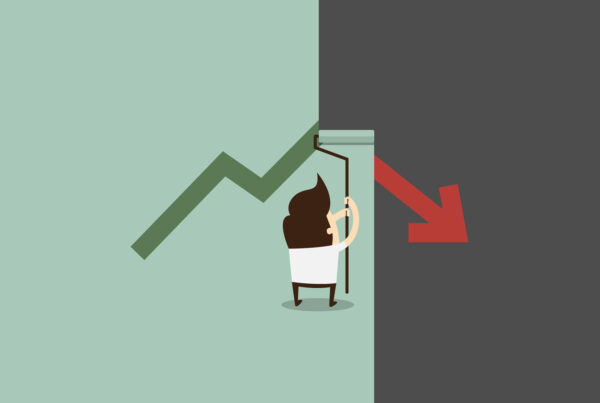I. What is SEO
Search Engine Optimization (SEO) is considered the most technical part of web marketing. This is because SEO helps to promote the site and also requires some basic technical knowledge – at least knowledge of HTML. SEO can be defined as operating to optimize a web page or entire website to make it friendlier to search engines.
The basic rule is that SEO do not guarantee top position of our web sites, but if we neglect the basic requirements, it certainly will not be noticed by search engines. It is also important to set realistic goals. For example top 30 in Google for a specific keyword is a good start.
SEO is not advertising. Of course, you can use paid services to promote your site, but the meaning of SEO optimization is to pull more traffic and visitors to your web site because it provides information that consumers seek, and not because you paid for it.
Optimizing your site can take you 30 minutes or become your full time job. If you are headed to the promotion of a rare keyword, you will not need much time to achieve the top rating. In most cases, if you really want to stay on top, you will need to focus on optimization and put a lot of effort and time, or to trust the professional web designer. Success lies in understanding how search engines work.
The most important thing is that search engines are not people. As obvious as this might be for each of us there are large differences in how one man and one search engine “looks” of your site. Technology is continually progressing, but no matter how much effort you put in a great design with many pictures and multimedia features, the search engine will ignore the beauty of your site and will focus on one thing – the text.
Here’s how search engines work. This is done by software called a crawler or spider (or Googlebot for Google). Spiders follow links on one page to another. Given the number of pages on the Internet (over 60 million), it is impossible for spiders to visit each site every day just to see if something has changed. Sometimes they will not visit your site for months, so during this time your efforts in optimization will not be rewarded. Nothing to do on this issue – just swallow the bitter truth.
As already mentioned spiders pay attention only to the text of your web site. They are not interested in images, Flash animations, JavaScript and password protected pages or directories.
The next step is indexing. Web pages are stored in huge databases. Meaning of indexing is to draw words or sentences that most appropriate describes the nature of your web site. There are various algorithms calculating whether your site meets a demand – repetition of keywords, links or meta tags. Therefore, various search engines earn different results when searching for the same thing. Leading search engines periodically change their algorithms. It is important to adapt your site to the latest changes. The other reason to do that is your competitors.
The basic principle of all search engines is the same. However, there are many differences between them. For Yahoo! and Bing matching keywords on the web page is essential. For Google links are very, very important. Also, Google likes old site – the older, the better.
II. Keywords – the most important weapon in the arsenal of optimization
To select the right keywords is not an easy task. It seems that the times in which you can optimize for a single word are already gone. Now that the Internet is full of continuously updated information it is nearly impossible to achieve top rating with one keyword. For example: if your web site offers tires, the keyword “tire” is mandatory, but you’ll get a much better result if you focus on the specifics of the goods offered by you – German tires or German tires for vans. Ideally you know well your clients and know exactly what are they searching for. A good trick is to use synonyms as keywords.
Use the tools of Google, to find out which are the modern searches in your category at Google insights
The next step is to have good repeatability of keywords on your site. We recommend repeatability of 3-7% for main keywords and 1-2% for secondary keywords.
The quantity of keywords is not so important as the quality of your keywords. Keywords found in the page title, headings and first paragraph has greater weight. Keyword in the domain name of your site will break the charts, especially in Yahoo!
III. Links
The so-called backlinks (links on other pages that point to your web site) are very important for the positioning of your site in search engines. The more the better – especially for Google. But do not be fooled. There are good and bad backlinks. Good links are on web sites with high reputation and bad backlinks are placed on websites, designed to deceive search engines. Do not publish backlinks on link farms and sites with poor content. This can even lead to a ban of your web site in search engines. Using images (pictures) for links is also deadly for optimization. Use short, meaningful phrases, preferably with keywords in them to build a link back to your site. Posting links in thematic forums and web directories will help you a lot.
IV. Paid Ads and Services
Paid ads are a good way to increase traffic to your web site. The correct choice of professionals will ensure good positions in search engines. Google and other search engines offer top placement fee. Users generally do not like paid links. It looks like you have paid for a place, where you do not deserve to be.
V. Myths and Facts
1. I must register my web site in search engines
Fact: Registration is not required. Search engines will find you if somewhere there is a link to your web site
2. I should periodically re-register my web site
Fact: No. Once in the search engine, your web site remains there and its content is updated permanently.
3. Meta tags will help my rating
Fact: Meta tags do not affect rating.
4. Higher rating is the most important thing for me
Fact: It is important how many visitors will become your customers, not how much will pass through the door of your store, or strictly speaking – will see your store from the outside, without even entering
5. Better to look for a “trick” instead of wasting my time with the design of my web site
Fact: The use of tricks is a waste of time. Search engines are getting smarter. Better invest your time in making qualitative and useful web site – the people will come
6. I will make my keywords invisible, such as white text on a white background
Fact: Search engines are not stupid. This can lead to a ban of your web site. Usage of tricks is a waste of time!
VI. Conclusion
We at QALISTIC Web Design & Software Solutions believe that a highly professional web site is the milestone to the success and rapid development of any business. All the web solutions we provide are developed according to your company needs and expectations. We feel proud of the fact that we optimize our software with high ranking in mind, which makes our product customized and unique to each client.
Professional web design has numerous of advantages, which drives small and medium companies, as even leading brands to use internet web sites as their main showcase. By choosing the solutions provided by QALISTIC you make a highly effective investment in quality PR for your business.
Our professional team of software engineers and designers will offer you a full gamma of services that meets the needs your company has for a high quality web site. We can provide solutions from brand new customized websites to redesign of existing ones, SEO, CMS and much more.







